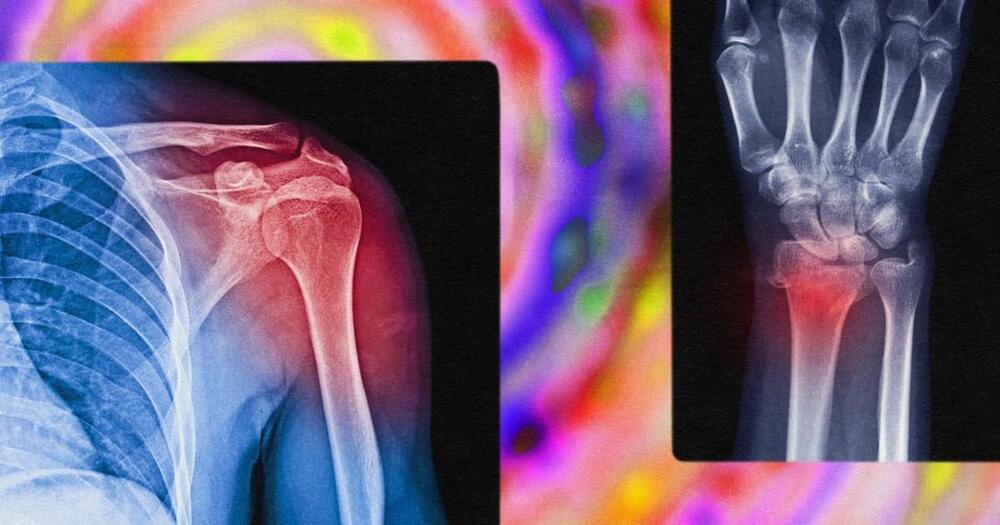The Expedition 71 crew at the International Space Station is gearing up for a spacewalk focused on scientific and maintenance tasks, including the installation of a spare pump and the retrieval of faulty communications hardware. Additionally, Commercial Crew astronauts have extended their stay to facilitate further systems checks on the Starliner spacecraft. Amidst these preparations, the crew continues to engage in routine health checks and scientific experiments across various modules of the station.
Aboard the International Space Station (ISS), the Expedition 71 crew is getting ready for a spacewalk this week while two Commercial Crew astronauts will spend a few extra days. In addition, the orbital residents continued their advanced space research and conducted eye and ear exams on Monday.







